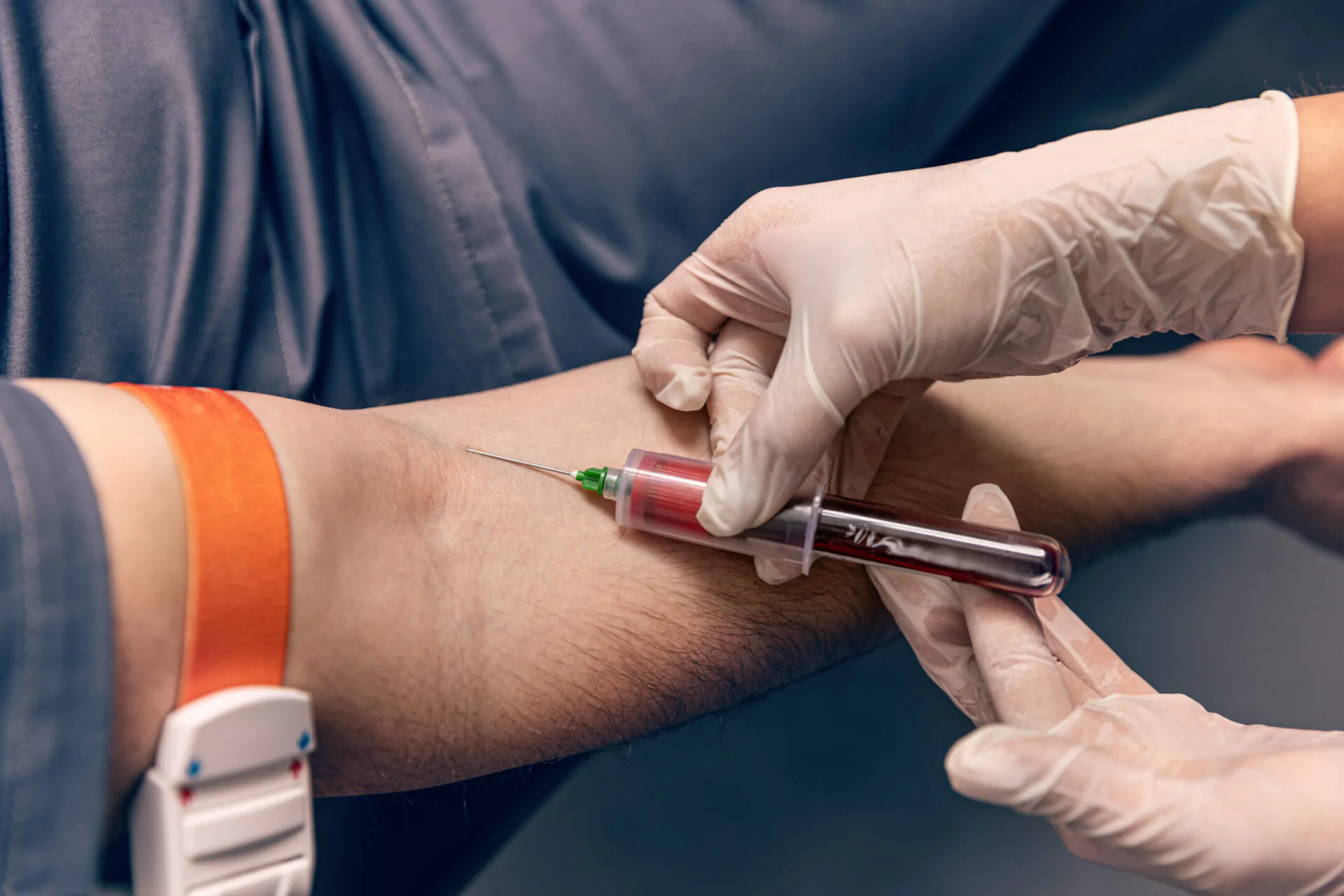How to Interpret Your Blood Test Results: A Quick Guide
Learning to interpret your blood test results empowers you to understand your body. So what does it all mean? In this guide, we address some of the most common items on a blood test report.
To learn more about what blood test results mean, call 626-304-0404 today!
Complete Blood Count (CBC)
Blood cell counts evaluate the parts of the blood:
- White blood cells (WBC) work for your immune system by fighting infections, but allergic reactions can also produce them. High white blood cell count is also linked to heart disease.
- Red blood cells (RBC) Low levels of red blood cells might indicate anemia, nutritional deficiencies, kidney problems, or bone marrow damage. High levels might mean simple dehydration but could also point to kidney or heart problems or the onset of fatty liver disease.
- Hemoglobin levels measure how well your blood carries oxygen. Mean corpuscular hemoglobin count (MCHC) measures how much of this protein each red blood cell contains.
- Hematocrit describes the volume of red blood cells compared to the other components, like blood plasma. Low hematocrit levels may indicate recent blood loss, vitamin deficiency, or anemia. High levels could point to dehydration or heart disease.
- Platelets bind blood into clots to stop bleeding. Without enough platelets in your system, you develop bleeding disorders, and with too many, you get clotting disorders. This test provides evidence of autoimmune diseases or bone marrow disorders.
Comprehensive Metabolic Panel CMP
Metabolism refers to the chemical components that help regulate your body:
- Glucose levels measure blood sugar and indicate how your body processes sugar, screening for diabetes.
- Electrolytes are essential minerals that affect hydration, acidity, and muscle function and also relate to the health of organs that require them, such as calcium for bones.
- Bilirubin indicates broken hemoglobin and causes jaundice
- Albumin is the primary component of blood plasma. Low levels hint at malnutrition, inflammation, or liver and kidney diseases.
- Creatine supplies energy to muscles. Your kidneys remove creatine from the blood, so high creatine levels warn of kidney problems.
Lipid Panel
Lipids, the medical term for fats, serve vital functions in the body. Here’s what lipid levels mean in blood samples:
- Triglycerides come from the liver and bounce high from sugar, fat, and alcohol. However, liver and thyroid disease and genetic conditions may also increase triglycerides.
- High-density lipoprotein (HDL), known as “good cholesterol”, lowers the risk of cardiovascular disease.
- Low-density lipoprotein (LDL), or “bad cholesterol,” repairs cells, but high levels can clog arteries and cause coronary artery disease.
Schedule Fast, Accurate Blood Tests
Blood test results provide clues to various system disorders or excellent health. While your doctor should discuss blood test results with you, learning to read these results helps you understand, and advocate for, your own health.
Do you need to schedule a blood test? Call Advance Urgent Care Of Pasadena at 626-304-0404 today.

